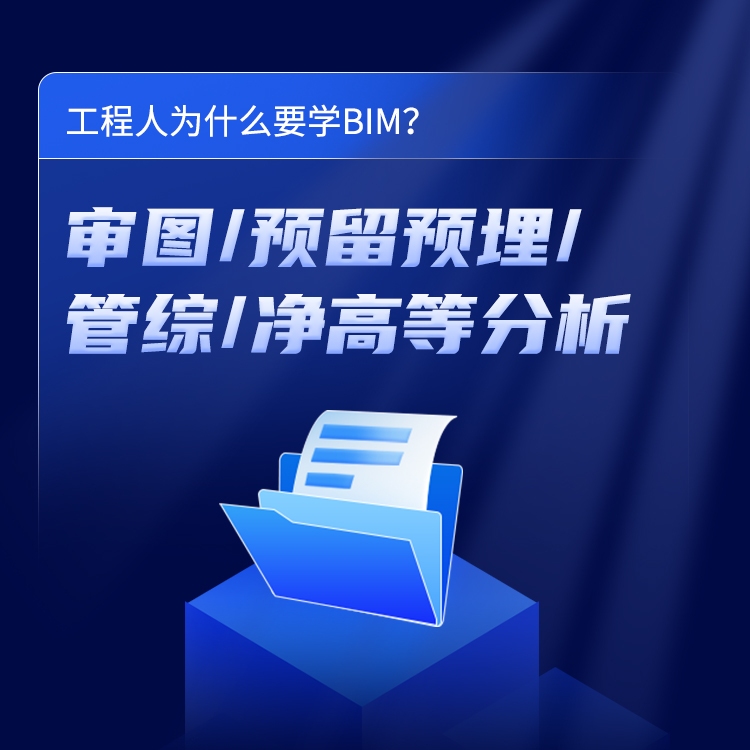【摘要】 商务英语考试是考察真实工作环境中英语交流能力,将其作为入学考试或招聘录用的英语语言水平要求。下面是BEC高级商务英语口语辅导二-中华考试网的一些常见问题,仔细阅读相关规定,提前做好准备,俗话说不打没有准备的仗,做足准备。下面让我们看看BEC高级商务英语口语辅导二-中华考试网的具体内容:
Asking Questions 询问问题
Direct questions/open-ended:
What/why/how/where/when
Closed questions :
Do you/did you
Delicate questions:
I was wondering if/ could I ask you/ would youmind telling me/if it's not indiscreet I'd like toknow/might I ask/may I ask
Clarifying Questions 澄清问题
So you want to know about---/is it the figures that worry you/ when you say---do youmean---/If I've understood the question you want to know about---
Evading Questions 回避问题
That's not really my field---/ that's a bit outside the scope of today's topic/ I haven't gotthe precise information with me today/ that's not really for me to say/I'd need notice of thatquestion to answer you in full/this is not really the place to discuss that matter/ perhaps that'sa question for another meeting
Inviting Comments 鼓励并听取意见
Has anyone got any questions at this point?
Would anyone like to comment on that?
Does anyone disagree with my last point?
Can anyone confirm my experience?
If nobody has any questions then I'll move on
Interrupting 中断
I'd like to discuss it further, but I think it's time to move on
Could I just stop you there---
If I might just add----
I'm sure we'd all agree, but perhaps we should get back to the main point
Transitions 过渡
If we could now turn to---/my next point is---/ what I want to do next is ---/ let's move onto---/that completes my analysis of---/so, now we are going to----
Reformulations 总结
If I might just go over that again---/so, in summary---/ just to remind you of the keyfacts/the main points/ the advantages of---/my main arguments were---
Closing 结束
Thank you for listening to me today
I hope you have found my presentation useful
Thank you for your attention
☆ Questioning Techniques 提问技巧
Reasons for asking questions:
To obtain information
To find out the opinions of other people
To ask other people to contribute ideas
To find out the reasons behind events
To seek confirmation
The status of the questioner
The questioner may have an official need to ask questions - work-role, legal power, etc., orthe questioner may have an entirely personal curiosity to satisfy. If the role is official, thequestioner needs to choose the questioning style with care in order to produce the requiredresults. Questioning can be quite a threatening activity in some circumstances. For example, ifthe questioner wants information , then the person who has that information may feel that s/heis being asked to give up something that represents an advantage. If the questioner is merelycurious in a social setting , then the important point is the level of delicacy of the question.In most cultures, very personal details such as how much money we earn is too private to formthe subject of questions by others.
Choices of question style
Closed v. open
Closed questions permit only 'yes'/'no' answers. They may therefore be more threateningthan open questions because they leave no room for expansion or explanation. Thequestioner needs to decide if it would be more tactful to ask:
Have you finished that report yet?
Or
How are you getting on with that report?
The first question implies that the report is now due; the second merely asks for aprogress statement. The open question allows the respondent to elaborate and does nothave overtones of authority.
Wh- type questions
Questions starting with question words: what, when, why, who, how, are open questionsbut they are also very direct. Too many questions like this have the flavour of an interrogationand may make the person being questioned feel uncomfortable. It may be necessary topreface the questions with phrases that show the questioner is aware of the intrusiveness ofthe question:
May I ask you…
Could you tell me…
Would you mind telling me…
I wonder if I could ask you….
I would be interested in knowing…
If it's not indiscreet, may I ask ….
I know it's not really my business, but….
Facilitative styles of asking questions
If the intention of the questioner is really to prompt the interlocutor in disclosinginformation freely, then question techniques may not be appropriate at all. Instead it might bebetter to echo and to reformulate in order to give the interlocutor the opportunity toexpand.
Illustrative dialogue
A. Well, I live in a flat in a rather poor part of town.
B. Poor part of town…?
A. Yes, it's quite dirty and the streets are badly lit. That's why I don't like going out alone atnight.
B. So you're frightened to go out alone?
A. Well, yes because we hear of attacks and muggings. That's why I want to leave.
In this dialogue, speaker B doesn't try to take the initiative, but merely echoes andreformulates to prompt speaker A to say what worries her.
以上就是考必过为大家整理的BEC高级商务英语口语辅导二-中华考试网的具体内容。鉴于商务英语考试处于非常火热的状态,考生要合理安排考试时间,早规划早准备,以免错过合适机会。最后,考必过预祝大家在未来的商务英语考试中能够取得优异的成绩!
